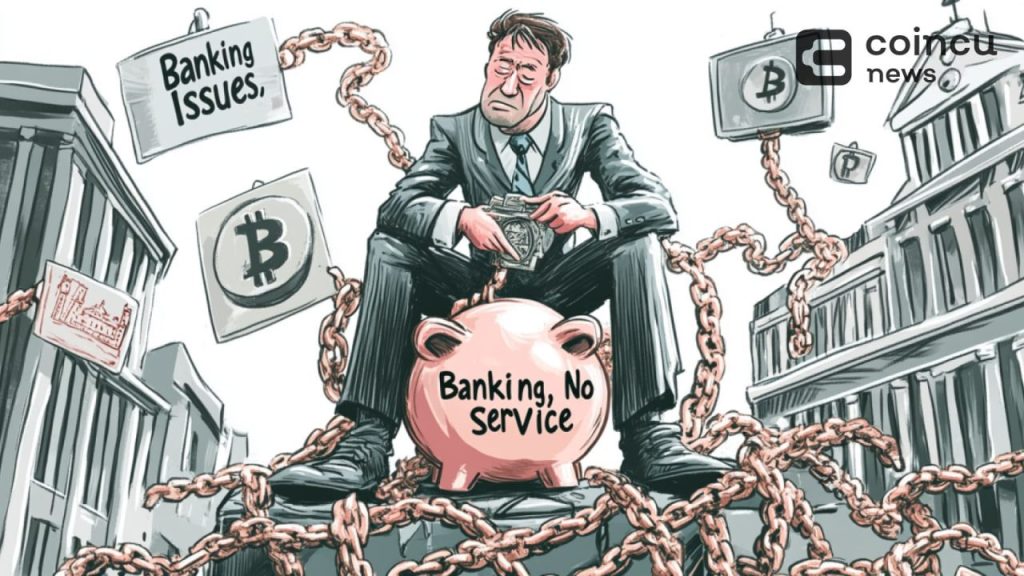Key Points:
- Crypto hedge funds banking issues are prevalent, affecting 75% of surveyed funds.
- Traditional investment sectors reported fewer or no similar banking challenges.
A WSJ survey reveals crypto hedge funds banking issues over three years, with 120 out of 160 funds facing challenges not seen in other investment sectors.

Crypto Hedge Funds Face Persistent Banking Issues
A WSJ poll indicates that crypto hedge funds have had great difficulty getting basic banking services over the past three years. Of the 160 funds asked, 120 said they still had continuous problems like trouble opening accounts and keeping consistent financial relationships. These difficulties draw attention to the larger financial system’s reluctance to interact with companies connected to cryptocurrencies, therefore influencing the sector’s development possibilities.
Unlike crypto hedge funds, conventional investment sectors like real estate and private credit revealed either very little or no banking problems. This discrepancy highlights the particular challenges the crypto sector has trying to be accepted into mainstream banking institutions. Reliable banking ties are lacking, which increases operational risks and reduces the capacity of funds to scale properly.
Read more: $7 Billion MicroStrategy Convertible Notes Get Arbitrage From Hedge Funds
Survey Highlights Banking Problems for Crypto Hedge Funds
According to a recent WSJ poll, 75% of crypto hedge funds reported problems with banking including limited access to necessary services and account restrictions. These obstacles mirror banks’ continuous mistrust of the cryptocurrency industry in spite of its growing appeal and big market value. Such obstacles compromise investor confidence and fund operations.
Real estate and private credit are among the conventional asset classes that still receive easy financial support, therefore underscoring the unequal status of cryptocurrency companies. The banking obstacles hedge funds encounter highlight the pressing need for regulatory certainty and better financial inclusion for the bitcoin sector. Fixing these problems might open the path for more institutional involvement and better operations.
| DISCLAIMER: The information on this website is provided as general market commentary and does not constitute investment advice. We encourage you to do your own research before investing. |























